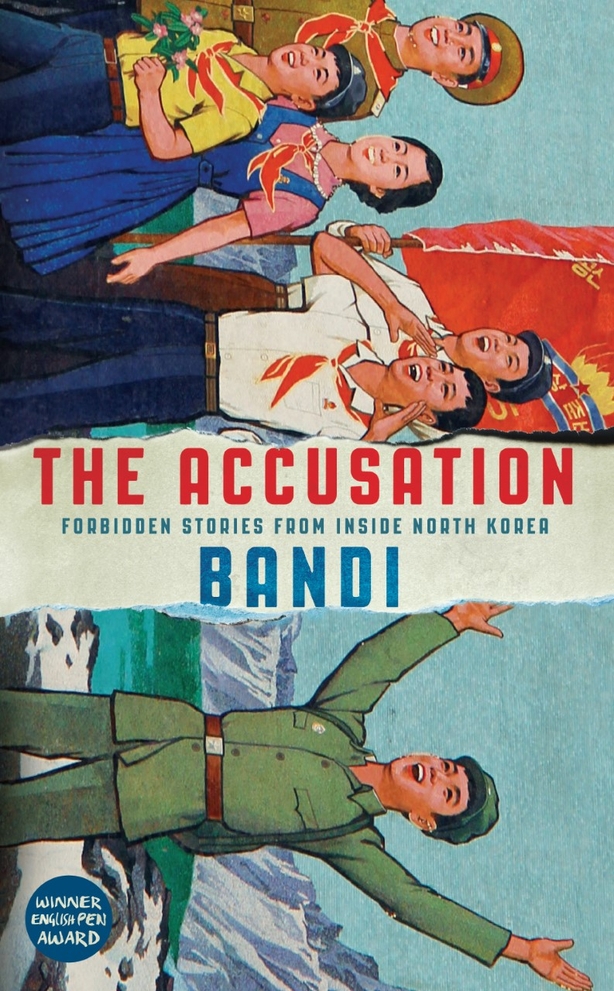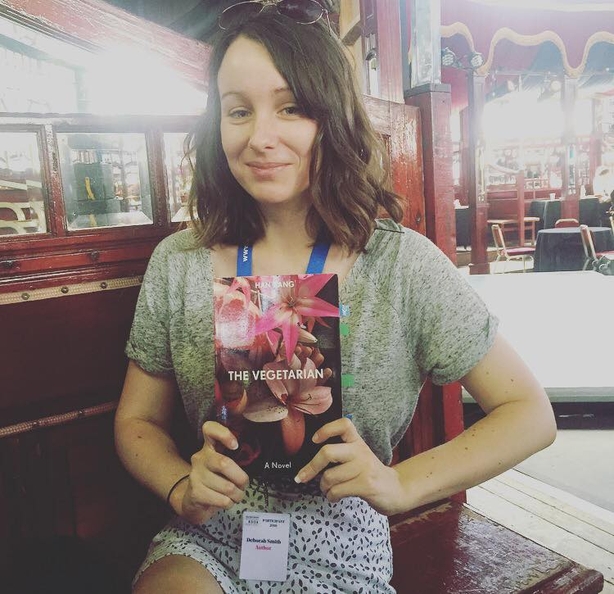These stories from 1990s-era North Korea are published under the pseudonym of an anonymous dissident writer, born in 1950, who is still living there. The tales stick grimly close to the Orwellian realities of living to conform - or conforming to live - in that country.
In the opening tale, Record of a Defection, a young boy is ostracized at boy scout level, because both his father and uncle are out of favour with the Party. Fear and suspicion, snooping and snitching run viral throughout. The boy's uncle wonders why his wife, who dotes on the boy, their sole nephew, is taking contraceptives.
He suspects - unfairly as it happens - that because she feels she married a young man from a disreputable family, she may be reluctant to have his children as a result. His father's inability to switch farming methods from cultivating rice in paddy fields to greenhouses saw him branded anti-party and anti-revolution - and the family were deported to a barren region.

Despite the bleakness of the tale, Bandi combines lyrical touches in these stories, which have been beautifully translated by Deborah Smith. The story combines two narrative voices, that of the husband as told to his GP and that of the wife, as relayed in diary entries. We are in the month of October as the wife writes her diary entry. The blaze of autumn leaves has vanished from the streets, replaced by a wind rasping through bare branches.
In City of Specters, a young boy confuses the vast portrait of Karl Marx draped along the exterior walls of the apartment building across the street with an ogre-like character from children’s fairy tales. The boy’s mother is married to an official in the Propaganda Department, and the action of the story takes place on the eve of National Day, with its vainglorious show of pomp and ceremony.
The woman’s double curtains are drawn to shield her son from further visions of the baleful greybeard that is Marx’s giant prortait, as well as an enormous drape emblazoned with the image of leader Kim il-Sung. The local Party Secretary suspects there is something the woman is trying to hide, given the drawing of both curtains. Couldn’t the woman have just closed the nylon undercurtain, the white nylon undercurtain which the Party has been good enough to provide you?

Life of a Swift Steed explores how a veteran hero of Korean resistance against the Japanese occupation becomes disillusioned by all the empty promises of plenty. Winter rages and there is a serious scarcity of coal. The only fuel available for the factory boilers is sawdust, and if the boilers are not fed constantly they will freeze up or explode. In that context, keeping yourself warm at home is understood to be of secondary importance. The dispirited war veteran takes an axe to his treasured elm tree, which for him was the living symbol of communism's shining future, when everyone will eat meat and white rice every day, wear silk clothes, and live in a tile-roofed house
In So Near Yet So Far, a young man fails to secure a travel permit to see his mother despite producing the three telegrams which have informed him of her grave illness. Was Solmoe, the village he had grown up in, some foreign city like Tokyo or Istanbul? How could his own village, in his own country, his own land, be so remote, so utterly unreachable?
These are moving, dramatically-paced stories that incorporate a broad swathe of life in North Korea, as it was lived a quarter century ago. The self-styled Bandi - the pseudonym means 'firefly' - is a writer of great imaginative flair and astuteness. His original manuscript consisted of 750 sheets of paper, each holding two hundred characters. (The collection includes a fascinating afterword on the author and how his stories managed to be published outside of North Korea.) Moreover, the anonymous writer has a sardonic, ironic vision akin to that of the dissident Russian author Isaac Babel, who paid the ultimate price, murdered in Stalin's purges in 1940 at the age of 45.







